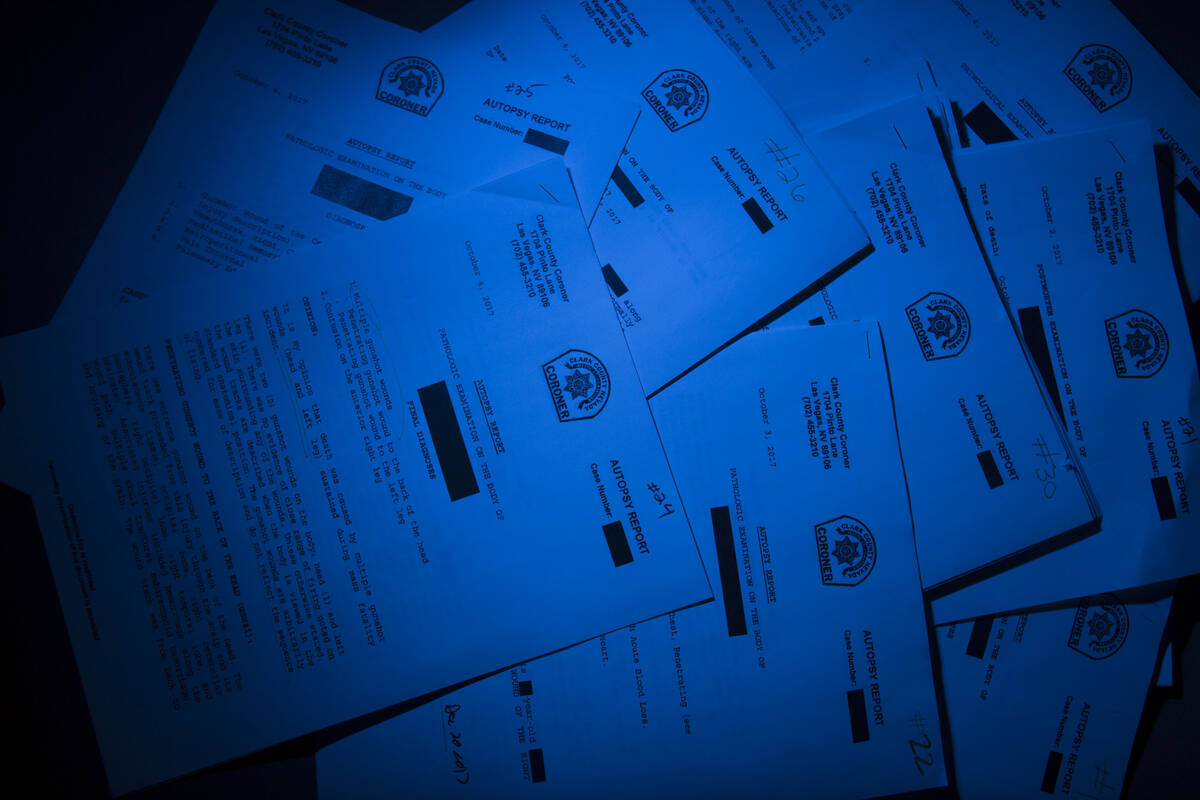EDITORIAL: The vital principles of Sunshine Week
For all the talk over the past few years about “misinformation” in the United States, it’s worth examining life under a regime that empowers the authorities to determine the parameters of allowable discourse.
The New York Times reports that Russian officials, eager to quash internal dissent over the country’s indefensible invasion of Ukraine, has “clamped down harder … on news and free speech than at any time in President Vladimir V. Putin’s 22 years in power.” The tactics include “blocking access to Facebook and major foreign news outlets, and enacting a law to punish anyone spreading ‘false information’ about its Ukraine invasion with up to 15 years in prison.”
The lifeblood of a healthy republic is the free flow of information and government transparency. For autocrats and totalitarians, however, such features represent kryptonite and serve no purpose other than to jeopardize their grip on power and authority. Suppressing information is the animating spirit of tyrants.
Last week was Sunshine Week in the United States, a seven-day period dedicated to educating the public about the importance of an open public sector and the perils of excessive government secrecy. In some countries — including Russia — proponents of such a celebration might well risk their own freedoms for their advocacy. In America, however, many citizens take for granted the vital principles associated with Sunshine Week.
That’s a mistake.
At its most basic, the idea of transparency holds that the government doesn’t control access to information, the people do. The First Amendment provides for a free press, but it also protects the right of individuals to speak their minds and to petition the government for a redress of grievances. How are citizens supposed to keep a watchful eye on those working on their behalf if bureaucratic restrictions hinder their access to how government officials are carrying out their duties?
Nevada has long had a public records law intended to promote accountability, with lawmakers acknowledging that the intent “is to foster democratic principles by providing members of the public with prompt access to inspect, copy or receive a copy of public books and records to the extent permitted by law.” The Legislature strengthened the measure in 2019, adding tougher penalties for noncompliance.
Yet problems remain. Nevada’s state and local government agencies often interpret various exceptions to the law differently. Some reflexively default to secrecy, while others are more forthcoming. It is common for public-sector workers to slow-play requests for records or to assess exorbitant fees intended to discourage those seeking the information.
Litigation is another common tactic intended to drive up costs for requesters. Recall how Clark County officials fought for years to keep child autopsy reports secret — and initially refused to release such documents even after the state Supreme Court ruled against them.
These barriers can make it exceedingly difficult for private citizens — and even well-funded media and other organizations — to hold government agencies accountable. That’s dangerous, undemocratic and sometimes deadly.
Like the fight for freedom, the cause of open government is not inherently partisan, nor is it an attack on public servants. Increased transparency benefits all, including taxpayer-funded agencies, by imposing greater incentives for efficiency and offering protections against corruption, mismanagement and malfeasance.
It’s no surprise, then, that Putin’s war has now been extended to attack those who gather, purvey and consume information or Russians who question the Ukraine invasion. And that’s another reason for Americans — “a republic, if you can keep it” — of all political persuasions to remain ever-vigilant in the fight for government transparency and accountability embodied by Sunshine Week.






















